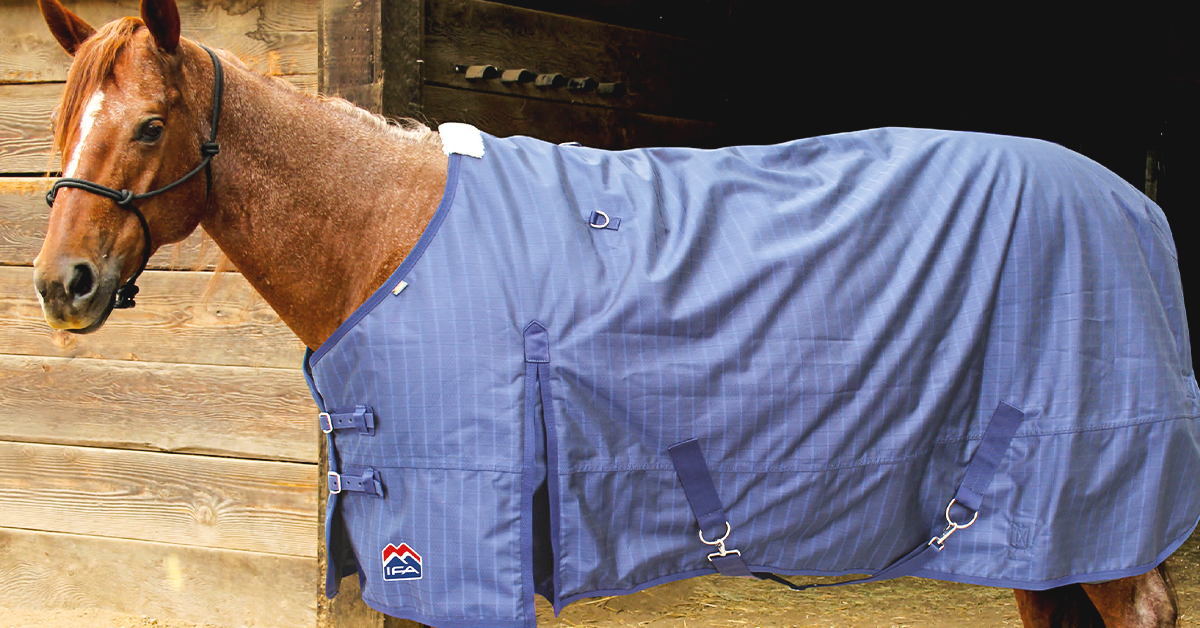
How to Stop a Horse from Bullying Other Horses: Effective Steps?
Share
Keeping horses in a harmonious environment is essential for their well-being. One prevalent issue is the way some horses display bullying behavior towards others. In this article, we will discuss how to stop a horse from bullying other horses, addressing the causes, effects, and actionable steps you can take as a responsible pet owner.
Understanding the reasons behind bullying behavior can be the first step in creating a peaceful setting. Horses are social animals that thrive on relationships with their fellow herd members. However, just like in any community, there can be instances of aggression. Recognizing these behaviors early can help mitigate potential problems.

Understanding Bullying Behavior Among Horses
Horses may intimidate others for various reasons. Some common causes include:
- Establishing Dominance: Horses are hierarchical creatures. A bullying horse may simply be trying to assert its rank within the herd.
- Resource Control: Issues surrounding food, water, or space can provoke aggressive behavior as horses vie for limited resources.
- Stress Factors: Horses can act out when stressed. Changes in their environment, health issues, or social dynamics can trigger unwanted behaviors.
Signs of Bullying Behavior
Identifying bullying behavior in horses is crucial for intervention. Look for the following signs:
- Chasing another horse.
- Blocking access to food or water.
- Physical aggression such as biting or kicking.
- Signs of stress or fear in the bullied horse.
Steps to Stop Bullying
Addressing bullying behavior may require a multi-faceted approach. Here are some effective strategies:
1. Separate the Aggressor
If a horse is consistently bullying others, separating it temporarily can help restore peace. This can also allow you to assess the behavior without the influence of the herd.
2. Promote Social Bonds
Encouraging healthy social interactions can help build better relationships among horses. Gradually reintroducing them after a break can help the bullied horse feel more comfortable.
3. Providing Adequate Resources
Ensure that there are enough resources (feed, water, and space) for all horses. By eliminating competition, you can frequently reduce aggressive behaviors.
4. Reinforce Positive Behavior
Rewarding the horse for positive social interactions can encourage better habits. This is crucial, especially during training or behavior modification.
5. Consult Professionals
If bullying persists, consider consulting with an equine behaviorist or veterinarian. They can help identify underlying issues and offer tailored advice for resolving these behaviors.
Related Resources for Horse Owners
For comprehensive insights on horse care and more, check these resources:
- Horse Riding Basics
- Treating Injuries
- Bombproofing Horses
- Calming Techniques
- Horse Affection Signs
- Hoof Abscess Issues

FAQs About Horse Bullying
1. What should I do if my horse is bullying others?
Separate the aggressor and observe the interactions. Consider consulting an equine behaviorist for further guidance.
2. Can aggressive behavior be trained out of a horse?
Yes, with patience, training, and sometimes professional help, aggressive behavior can often be modified.
3. How do I know if my horse is being bullied?
Look for signs of stress, like hesitance to eat or drink, or avoidance behaviors around other horses.
As an Amazon Associate, I earn from qualifying purchases.
